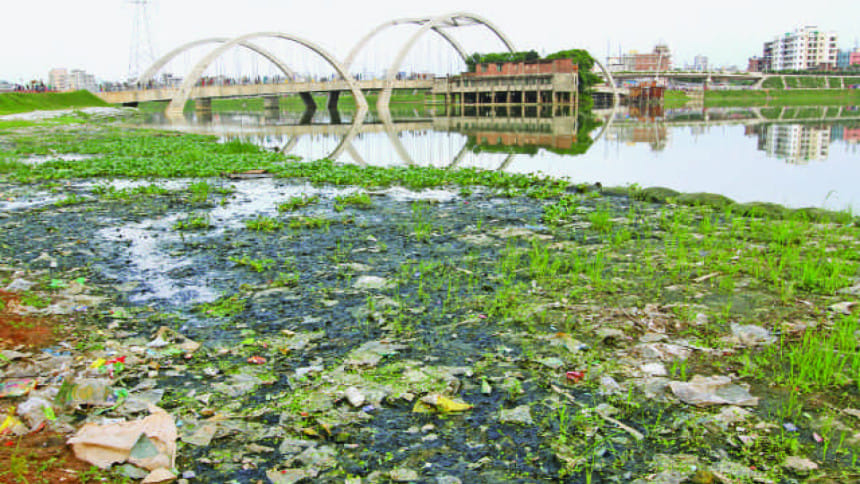Most of city's human waste untreated

We are shocked to know from a report in this paper that 80 percent of Dhaka city's human waste goes directly into its water bodies, leaving the water contaminated and untreatable. This poses a huge risk to public health (outbreak of serious waterborne diseases) and the environment. What is appalling is why a crucial apparatus as sewage management has not been upgraded to meet the demands of a city growing at such an exponential rate. Dhaka now has around 1.75 crore people and the sewerage authority, Wasa, can treat only 20 percent of the city area. Can this be an acceptable rate of sewage treatment that leaves unmanaged the remaining 80 percent of waste?
The growth in the city's population and unplanned construction of buildings are an ongoing process so it is hardly news that the original sewage system will not be able to manage the huge increase in solid waste. The recent official letter from a ministry to the LGRD and cooperatives minister says that rivers are being contaminated by septic tanks illegally connected to storm drains and the minister has duly called upon Rajuk (Rajdhani Unnayan Kartripakkha) to ensure that there are proper septic tanks at every house and prevent such connections while issuing building permits.
Why do such instructions need to be given now for what should have been a routine task for Rajuk—to enforce the 1984 building rule that requires every owner to set up septic tanks or soak pits and manage the sewage on their own? Rajuk can fine a violator a minimum of Tk 50,000 and even cancel the building's approval. Yet the law has been shamelessly flouted for decades.
Wasa, Rajuk and the city corporations must immediately start coordinating with each other to make sure that each house has a septic tank or soak pit. Localised treatment plants for cluster neighbourhoods can also be set up to manage the waste. Without immediate steps to enforce building rules and introduce practical, innovative methods of waste management, the city will face a huge public health and environmental disaster.

 For all latest news, follow The Daily Star's Google News channel.
For all latest news, follow The Daily Star's Google News channel. 



Comments